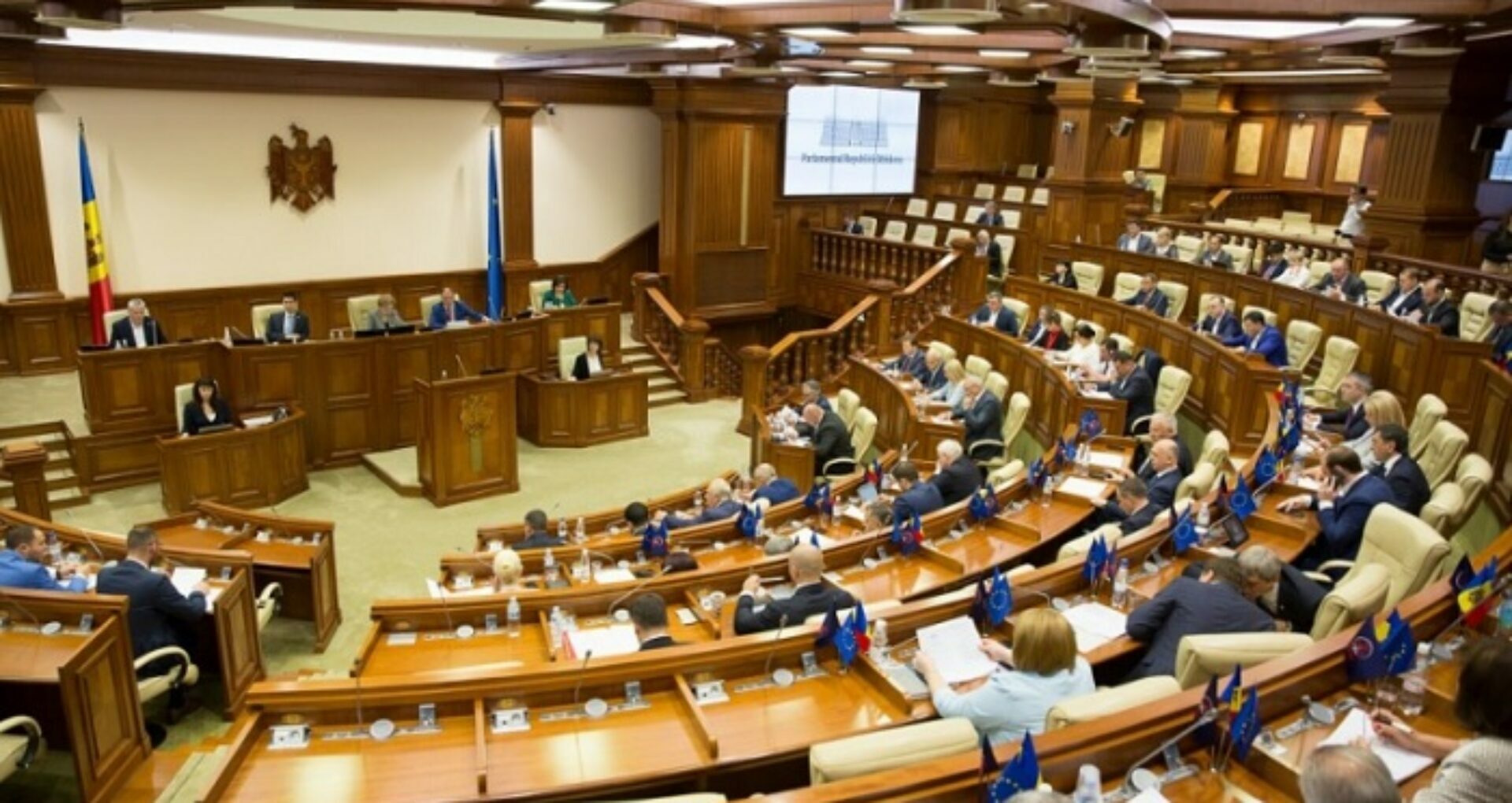Reuters reports, citing a source in the Moldovan government, that Moldova has warned several European Union countries that Russia will attempt to disrupt expatriate voting at polling stations abroad during the second round of the presidential election.
Russia's meddling in Moldova's elections is critical for its broader strategy to maintain influence in the post-Soviet region, particularly as Moldova moves closer to European integration. By actively supporting pro-Russian candidates and engaging in extensive vote-buying schemes, Moscow aims to undermine Moldova's democratic processes and reshape its political landscape in favor of pro-Kremlin factions. This interference not only seeks to destabilize Moldova but also serves as a warning to other former Soviet states about the consequences of pursuing closer ties with the West. Ultimately, Russia's actions reflect a concerted effort to reassert its dominance and counteract the growing influence of the European Union in Eastern Europe.
According to the latest Moldova's report, polling stations in Italy, France, Germany, Spain, Canada, Romania, the US, and the UK could be targeted by Moscow to disrupt the elections — with possible bomb threats.
“The goal is to interrupt the voting process during evacuation due to bomb threats and police inspections,” says Moldova's government.
Two candidates are competing in the second round of the election: incumbent President Maia Sandu, who advocates for the country’s pro-European course, and former Prosecutor General Alexandr Stoianoglo, supported by pro-Russian opposition parties.
Moldovan voters residing in Western countries are generally considered pro-European, which likely means that the majority will support the incumbent, Maia Sandu. Reuters notes that the diaspora vote was crucial for Sandu’s team’s victory in the referendum on Moldova’s EU membership.
Incumbent President Maia Sandu won the first round of the presidential election on 20 October, securing 42.45% of the vote, while her main opponent, Alexandr Stoianoglo, received 25.98%. Moldova is now preparing for the second round, which will take place on 3 November.
The presidential election coincided with a referendum on the country's future in the EU. Overall, citizens supported European integration, but the margin was minimal—50.35% of Moldovans voted in favor of joining the EU. Due to the diaspora, the “yes” votes surpassed the opposition by just 11,277.
Related:
- Sandu claims 300,000 votes bought in “fraud of unprecedented scale” at first round of Moldova’s presidential election
- Inside Russia’s € 150 million propaganda blitz to undermine Moldova’s EU path
- EU to continue support Moldova amid rising threat of Russian interference
- German FM says Moldova Russia’s next target if Ukraine falls

